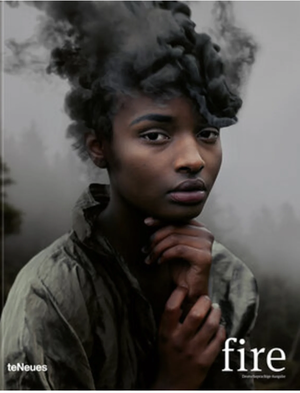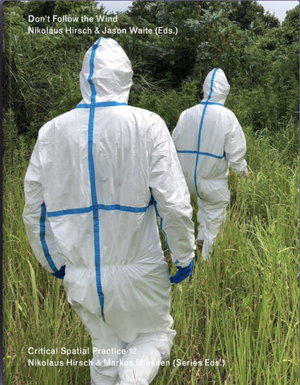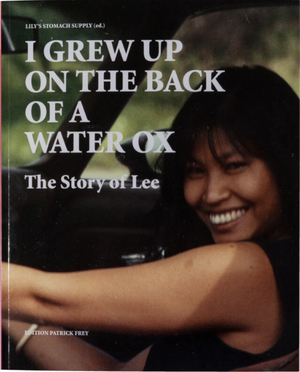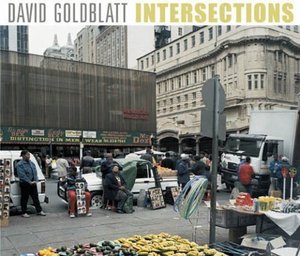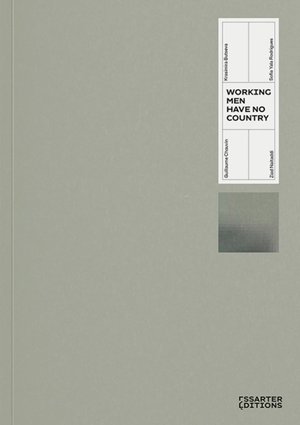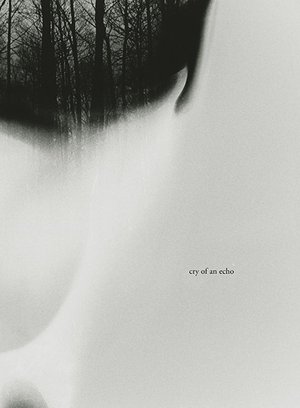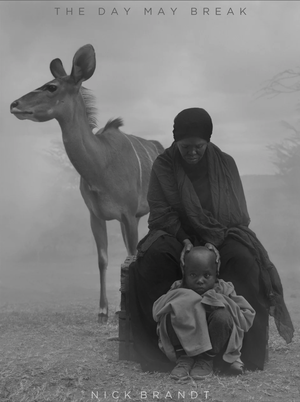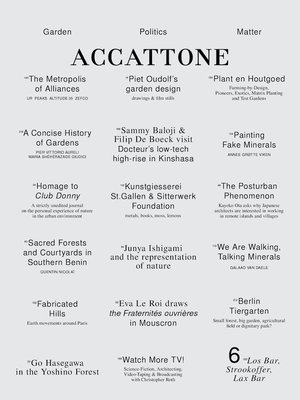Publisher Note
Published on the occasion of the October 5, 2023–January 14, 2024 exhibition at the Barbican Centre, London
Reflecting on a range of themes, from extractive industries to the politics of care, this book and exhibition look at environmental and gender justice as indivisible parts of a global struggle, in order to demonstrate how women are regularly at the forefront of advocating and caring for the planet.
Texts and artworks reveal how the oppression of women, feminized bodies and indigenous, Black and trans communities and the degradation of the planet are inextricably linked – and the ways in which understanding our environment can resist and overcome the logic of capitalist economies.
Tackling unequal power structures which oppress and threaten both marginalised communities and our precious planet, RE/SISTERS advocates for empowerment in the face of destruction, reflecting a radical and intersectional brand of eco-feminism that is diverse, inclusive, and decolonial.
Organised thematically, RE/SISTERS is presented across six sections, addressing the politics of extraction; acts of protest and resistance; the labour of ecological care; environmental racism; and queerness and fluidity in the face of rigid social structures and hierarchies. Together, these groupings – encompassing a multidisciplinary range of film and photographic media – cast a new lens on critical issues at the forefront of our collective consciousness, re-framing our thinking around the environment and gender, and emphasising the radical power of care in the face of ecological destruction.
Ecological destruction and racism are two of the biggest challenges of the 21st century. They are also inextricably intertwined: there is a stark divide between who has caused, and continues to exacerbate, climate change, and who is suffering its increasingly catastrophic effects. RE/SISTERS explores this knotty matrix, asking how the commodification of common land and the exploitative extraction of natural resources speaks to environmental racism and a pervasive colonial-capitalist mindset, of which the physical act of extractivism (drilling, mining, pillaging resources) is a key symptom.
Participating Artists:
Laura Aguilar (US); Hélène Aylon (US); Poulomi Basu (India); Mabe Bethônico (Brazil); JEB (Joan E Biren) (US); melanie bonajo (The Netherlands); Carolina Caycedo (Colombia); Judy Chicago (US); Tee Corinne (US); Minerva Cuevas (Mexico); Agnes Denes (US); FLAR (Feminist Land Art Retreat) (Canada); Format Photography (UK); LaToya Ruby Frazier (US); Gauri Gill (India); Simryn Gill (Malaysia); Fay Godwin (UK); Laura Grisi (Italy); Barbara Hammer (US); Taloi Havini (Bougainville / Australia); Nadia Huggins (St Vincent & the Grenadines); Anne Duk Hee Jordan (Korea/Germany); Barbara Kruger (US); Dionne Lee (US); Zoe Leonard (US); Chloe Dewe Mathews (UK); Mary Mattingly (US); Ana Mendieta (Cuba); Fina Miralles (Spain); Mónica de Miranda (Angola/Portugal); Neo Naturists (Christine Binnie / Jennifer Binnie / Wilma Johnson) (UK); Otobong Nkanga (Nigeria); Josèfa Ntjam (France); Ada M. Patterson (Barbados); PARI (People’s Archive of Rural India) (India); Ingrid Pollard (UK); Zina Saro-Wiwa (Nigeria); Susan Schuppli (Canada); Seneca Women’s Encampment for the Future of Peace and Justice (US); Fern Shaffer (US); Sim Chi Yin (Singapore); Xaviera Simmons (US); Pamela Singh (India); Gurminder Sikand (India); Uýra (Brazil); Diana Thater (US); Mierle Laderman Ukeles (US); Andrea Kim Valdez (UK); Francesca Woodman (US)
Re/Sisters
— A Lens on Gender and Ecology
Various Authors
edited by Alona Pardo
| Publisher | |
|---|---|
| Release Place | London, United Kingdom |
| Edition | 1st edition |
| Release Date | 2023 |
| Credits |
Editor:
Writer:
Artist:
|
| Identifiers |
ISBN-13:
978-3-7913-7972-2
|
| Work | |
|---|---|
| Subform | Photobook |
| Topics | Colonial-Capitalism, Ecology, Environment, Feminism, Racism |
| Methods | Photography |
| Language | English |
| Object | |
|---|---|
| Format | hardcover |
| Dimensions | 22.5 × 28.0 cm |
| Interior | |
|---|---|
| Pages | 320 |

